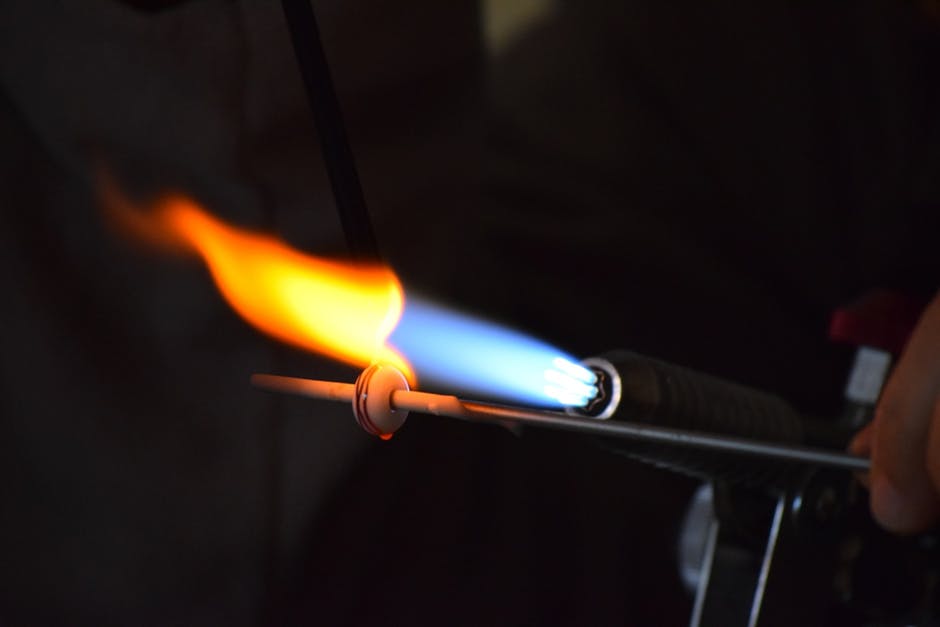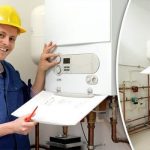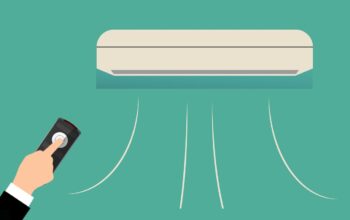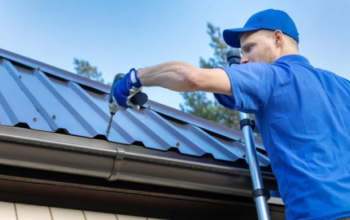Despite the prohibitive changes that have taken place in the UK’s buy-to-let market during the last two years, the number of private landlords rose to an impressive 2.5 million last spring.
This represents a record-high number, and while economists are predicting that the market will decline over the course of the next three years it clearly remains a key source of income for plenty of citizens in the UK.
Being a private landlord represents a huge responsibility, however, and one that should in no instances be taken lightly. In this article, we’ll look at the importance of gas safety and why it’s such a major responsibility for landlords.
Who is Legally Responsible for Gas Safety in a Residential Property?
Interestingly, the relevant statute for gas safety in the home is the Health and Safety at Work Act from 1974. Despite the title, this offers provisions for appliances in the home, while highlighting compliancy issues and revealing which parties are responsible for gas safety.
This is where the ambiguity exists, however, as Section 33 of the act stipulates that it’s an “offence for a person to contravene any health and safety regulations” in the home. This seems to place shared responsibility on both landlords and tenants in rental properties, as well as any letting agents or management firms that may be involved.
Fortunately, the Gas Safety (Installation and Use) Regulation Act of 1998 has provided some clarity in this regard, as sets out a landlord’s responsibilities with regards to health and safety and gas-powered appliances within a rental home.
So, while it can be argued that letting agents and tenants must use gas appliances responsibly and alert the landlord of any potential faults or issues, the property owner is ultimately responsible for safety and the regular maintenance of gas central heating systems.
Why Landlords Must Take this Responsibility Seriously
With these points in mind, it’s crucial that landlords take this responsibility serious and adopt a proactive approach to maintaining safety in the home of their tenants.
One of the most important considerations is the Landlords’ Gas Safety Certificate, which is a report that lists all of the checks carried out in an annual gas safety inspection. As a landlord, you’ll be required to carry out an official inspection every single year, as this guarantees the safety of your gas appliances (and fittings) while also providing peace of mind to your tenants.
We’d also recommend that you seek out landlords insurance, particularly coverage for the building’s structure and core contents.
These policies are available through service providers like Homelet, and so long as you comply with the existing health and safety requirements your property will be protected from any damage or potential financial losses.
Not only this, but the right insurance coverage can also minimise human risk and safeguard your tenants, and this should always be one of your main considerations as a private landlord.
Related Posts

Loves home. I am here to provide how to make your home a much better place. 🙂 Blogging about HomeDecor, Home Improvements and more.











